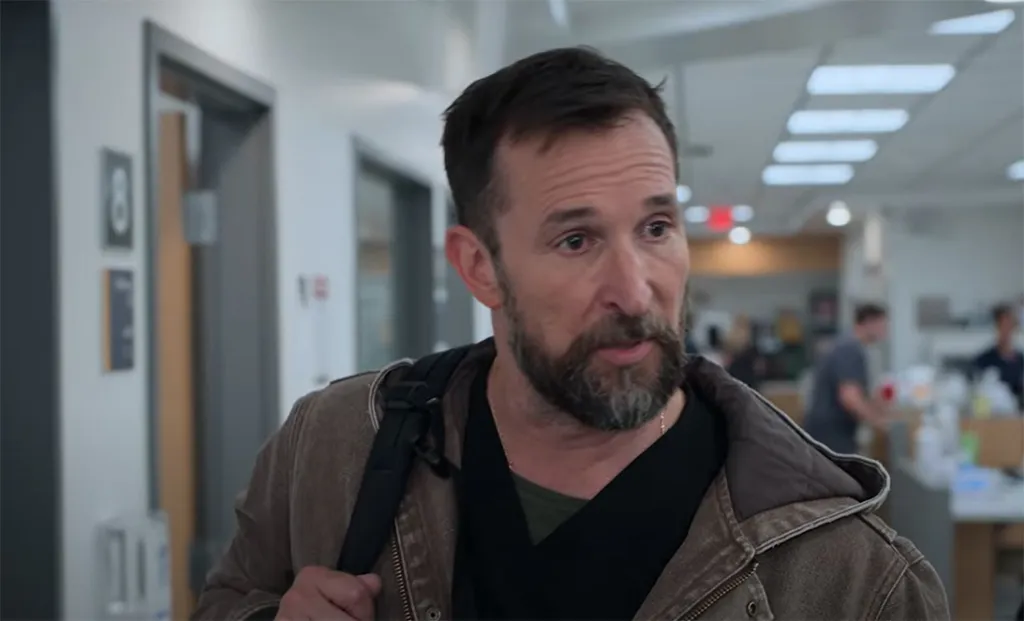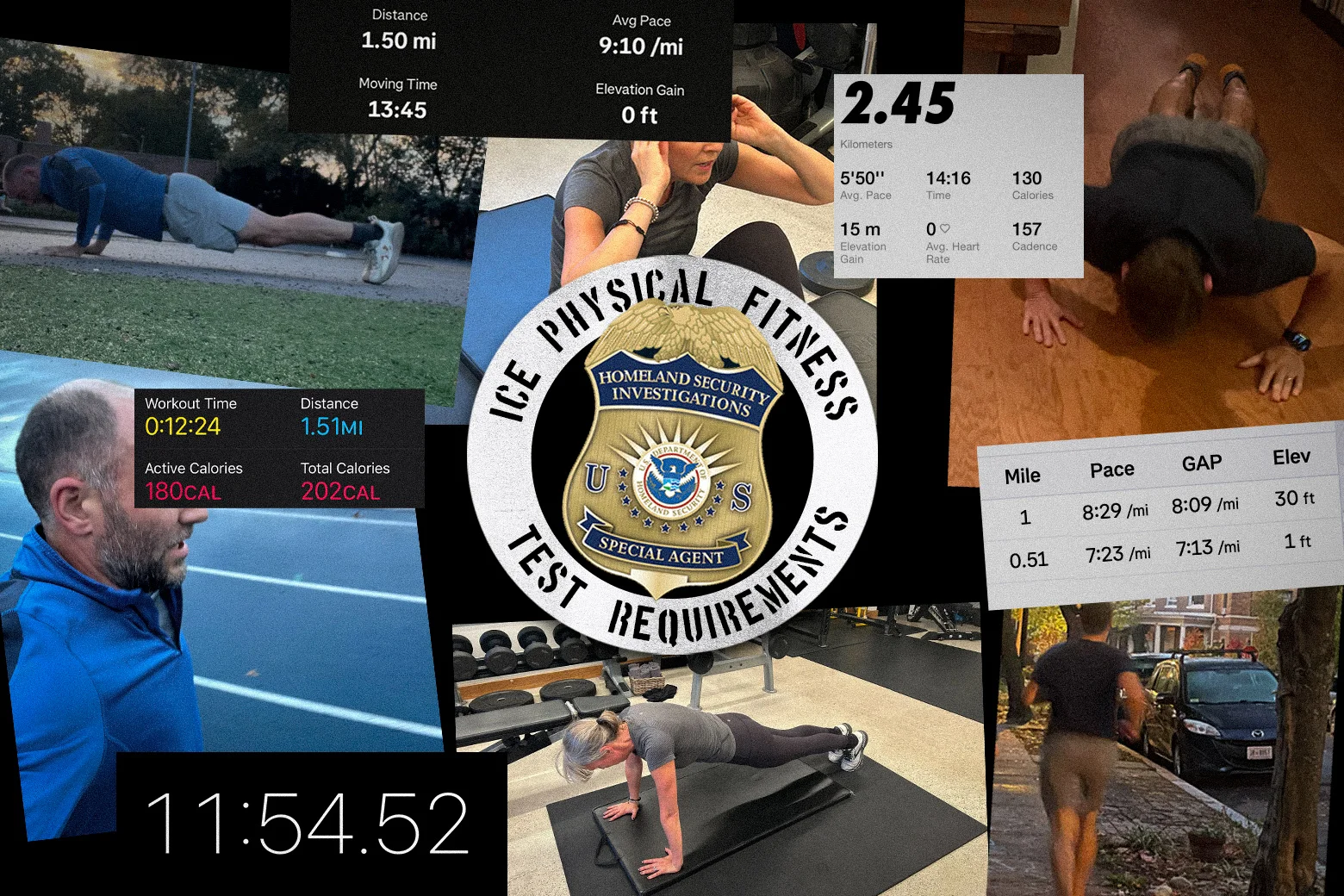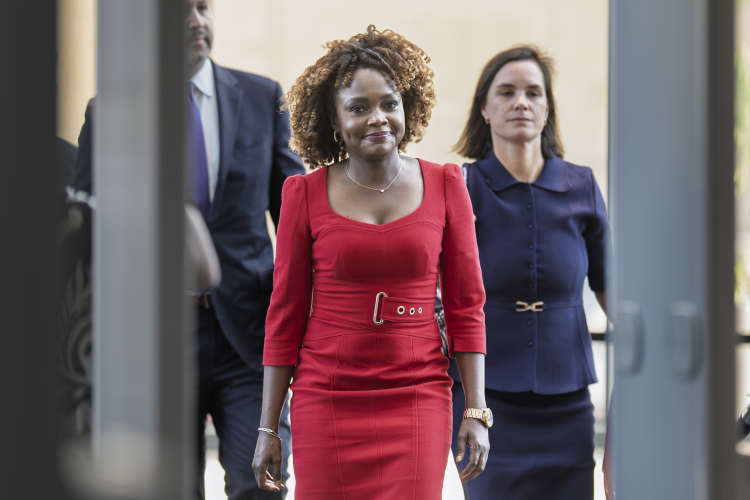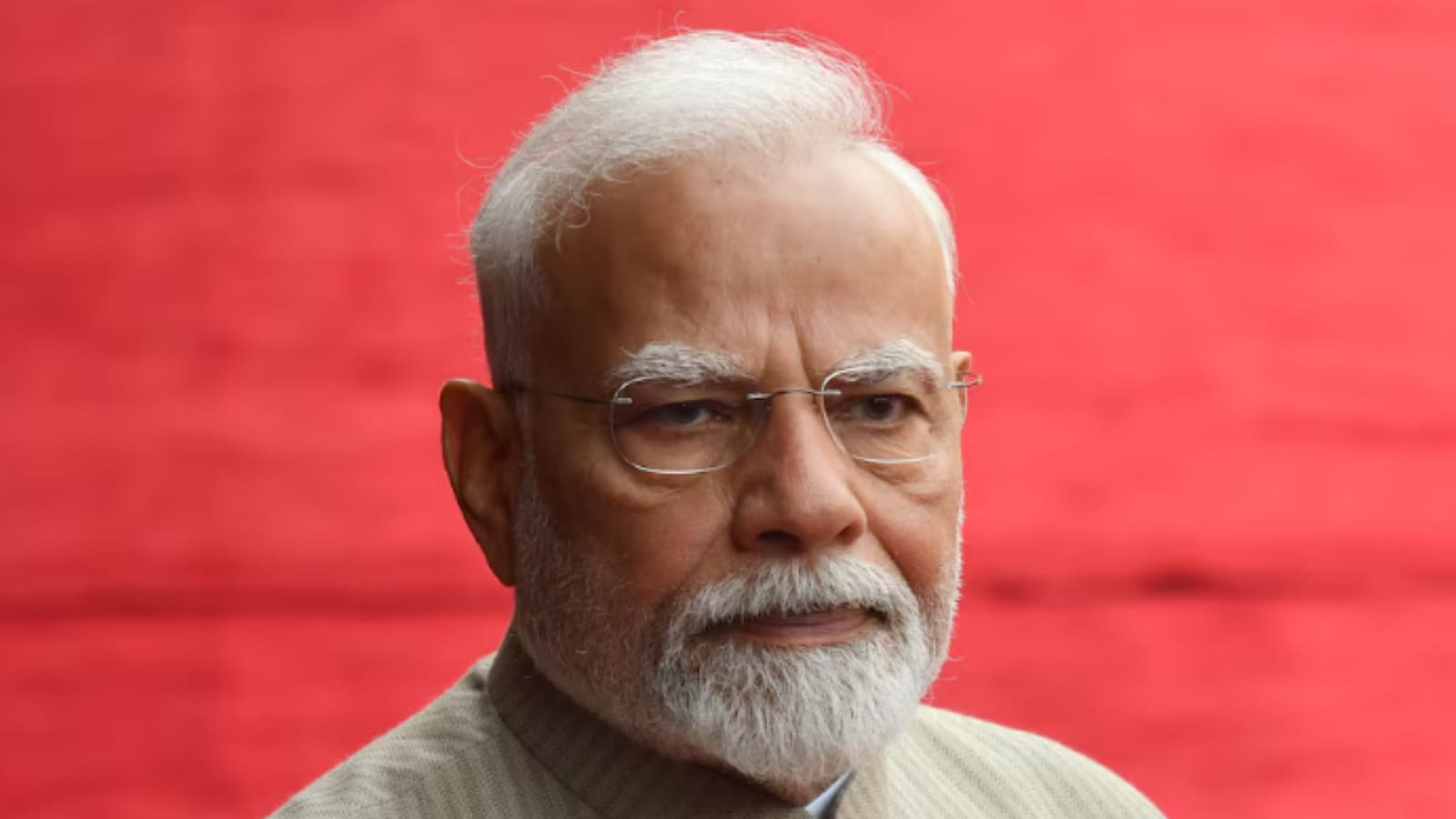Copyright businessday
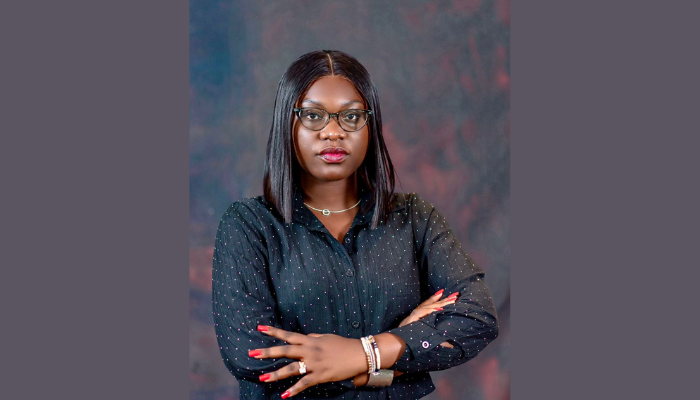
Chioma Michael-Ogunsanwo is a data-driven strategist passionate about helping brands achieve customer success, drive growth, and build strategic partnerships. As a Senior Research Executive at NielsenIQ, she uncovers insights that help brands understand market trends and consumer behaviour to inform smarter business decisions. Beyond her corporate role, Chioma is a content creator and thought leader who shares actionable perspectives on market research, customer success, and personal branding. Her work blends data, strategy, and storytelling to help organisations stay competitive and drive lasting impact. In this interview with Chisom Michael, Chioma reflects on her journey across finance, customer success, and market research, and how these experiences shape her approach to strategy and data interpretation. Excerpts: You have worked across market research, customer success, and finance. How have these varied experiences shaped the way you approach problem-solving today? My experience in finance, customer success, and market research has been one of bringing data, people, and purpose together. Each step along the way has shaped the way I approach problem-solving as not just an analytical exercise but as an opportunity to create real impact. From my early experience in finance and field of study, I learned discipline, how numbers form the language of business performance and how structure provides clarity. Through customer success, I understood the power of relationships and a winning attitude, understanding that actual progress is made when solutions are designed with humans in mind. Through market research experience, I developed a deep appreciation for insight and strategy, the ability to turn data into direction and complexity into simplicity. Now, I leverage all three dimensions: analytical ability, human understanding, and strategic vision. I think the most effective solutions lie where these meet, where data and compassion intersect, and where strategy and action converge. This is now the foundation upon which I lead, generate value, and deliver results. You manage insights for leading FMCG brands. What do you consider the most critical factor in turning data into strategies that actually drive growth? Clarity of purpose, to me, is the most critical element to converting data into strategies that actually drive growth. There’s a lot of data wandering on its own, but without a clear business question, a clear consumer reality, and a desired result, even sophisticated analysis can go astray. In managing insights for leading FMCG brands, I’ve seen that growth happens when data is translated into stories that decision-makers can act on. It’s about connecting the “what” to the “why” in every analysis, moving beyond surface trends to uncover the motivations, tensions, and opportunities that truly shape consumer behaviour. Equally important is collaboration. Insights are only as effective as when they’re plugged into decision-making in marketing, innovation, and commerce teams. When data translates into action and alignment, it’s no longer numbers on a piece of paper but a growth driver. Ultimately, the true power of data lies in its ability to simplify complexity and point to purposeful action; that’s what silences the gap between insights and strategy, and strategy and impact. Many companies gather data but struggle with interpretation. How do you bridge the gap between numbers and meaningful business action? Bridging the gap between numbers and meaningful business actions starts with understanding that data alone doesn’t drive change, “clarity does”. My approach has always been to translate complexity into context. I focus on uncovering what the data is really saying about people, markets, and opportunities, then shaping that into insights that can influence decisions and inspire action. I believe interpretation is both an art and a discipline. It requires analytical precision, but also curiosity, empathy, and storytelling, the ability to make data resonate beyond reports and dashboards. In my work, I bridge this gap by ensuring every insight is connected to a business objective: what should we start doing, stop doing, or do differently? By aligning insights with strategy and communicating them in a language that decision-makers understand, I help transform data from static information into a strategic compass; one that directs growth, innovation, and performance. As someone who champions lead generation and thought leadership, what role do you think research executives should play beyond delivering reports? I believe the role of research executives has evolved far beyond delivering reports, and it’s about driving influence, foresight, and value creation. In today’s data-rich environment, clients and businesses no longer need more numbers; they need partners who can translate those numbers into direction and growth opportunities. As someone passionate about lead generation and thought leadership, I see research executives as strategic storytellers, people who bridge data with decisions, insights with influence. Our role is to anticipate what’s next, connect patterns across markets and consumers, and help shape the conversations that move industries forward. Beyond reporting, we should be catalysts for innovation: identifying white spaces, informing go-to-market strategies, and inspiring bold thinking within organisations. When research moves from informing decisions to influencing vision, that’s when it truly becomes leadership. In your customer success role, you focused on retention and adoption. What lessons from that period do you still apply when working with clients today? One key lesson I learnt is to always put myself in the client’s shoes. If I am not satisfied with my work, how do I think the client would be about the same work? So I try as much to ensure I am tackling the pain points and not going in circles. Seeing my clients make the right decision with data is what drives me more. Market trends are constantly shifting in Nigeria and globally. How do you ensure your insights remain relevant in such a dynamic environment? The pace of change in both the Nigerian and global markets demands constant curiosity and agility. For me, staying relevant begins with staying in tune with people, with culture, and with the subtle shifts and trends that influence how consumers live, spend, and make decisions. I make it a priority to continuously learn from data, from conversations, from trends across industries. I don’t just look at what’s happening, I ask why it’s happening and what it could mean next. That mindset helps me move beyond reacting to trends to anticipating them. Equally important is collaboration. The best insights come from diverse perspectives engaging cross-functional teams, staying close to clients and consumers, and connecting global movements to local realities. Ultimately, relevance in this dynamic environment is about adaptability and combining an analytical mindset with cultural awareness and intuition. It’s about staying curious, connected, and confident enough to evolve with the world, not after it. If you had to identify one key principle that guides your work across research, customer success, and entrepreneurship, what would it be and why? The one principle that guides everything I do is intentionality. Whether in research, customer success, or entrepreneurship, I’ve learned that clarity of intention is what gives direction to effort and meaning to results. Intentionality means being deliberate about the value I create by understanding the “why” behind every analysis, every strategy, and every decision. It’s about ensuring that my work doesn’t just meet expectations, but moves people, businesses, or ideas forward in a purposeful way. In research, it drives me to look beyond data points to the real human stories behind them. In customer success, it shapes how I build trust and deliver lasting impact. And in entrepreneurship, it reminds me that growth is not just about profit, but about creating something that reflects light, meaning, and progress, and this is a journey I am still figuring out. You also create content. How has this influenced your career and relationships with industry peers? Content creation started as a personal hobby, a space for self-expression, creativity, and connection. I wanted to build a community where I could share my thoughts, experiences, and the little lessons that shape everyday personal growth. Over time, it became more than just something I did for fun; it became a platform that allowed me to connect with like-minded people who value purpose, progress, and authenticity. I’ve found that when you share authentically, whether through ideas, experiences, or reflections, you don’t just build visibility, you build trust and community. Interestingly, it has also influenced how I show up professionally. Creating content has taught me consistency, storytelling, and the power of voice lessons that translate naturally into how I communicate insights and ideas at work. But at its core, it remains something I do for joy, a place to express myself freely, to connect genuinely, and to remind myself that creativity and curiosity should always have a place, no matter how busy life gets. Looking back at your transition from finance internships to research and strategy, what prompted the shift, and what have you carried over from your early finance background? My transition from finance into research and strategy was driven by curiosity and the desire to understand not just what the numbers were saying, but why they mattered. During my finance internship, I enjoyed the structure and discipline of working with data, but I found myself more fascinated by the human and market dynamics behind those figures. That curiosity naturally led me toward research and strategy, where numbers meet narratives and insights can influence real business decisions. I look forward to being on the path to see how this data is used in real-time decision-making. What I’ve carried over from my finance background is a strong analytical foundation and a results-oriented mindset. Finance taught me how to see patterns, measure impact, and stay precise, all of which are invaluable in research and strategic thinking. It also gave me a deep respect for clarity and accountability, understanding that behind every data point is a business decision that affects people and performance. That balance of analysis from finance and curiosity from research continues to shape how I approach strategy today -with structure, insight, and purpose. Mentorship and knowledge-sharing seem important to you. What kind of impact do you hope to have on younger professionals entering the field of market research and analytics? Mentorship and knowledge sharing are deeply personal to me because I understand how transformative guidance can be, especially in a field as dynamic as market research and analytics. When I started my journey, I benefited greatly from people who took the time to explain, challenge, and encourage me, and that experience shaped my belief that growth multiplies when it’s shared. Even as a student, I’ve seen firsthand how access to information and mentorship can transform lives and guide better choices. That’s why personal mentorship and knowledge sharing mean so much to me. The impact I hope to have on younger professionals is to help them see that this field goes beyond data; it’s about curiosity, empathy, and influence. I want them to understand that their value lies not just in the numbers they analyse, but in the stories they uncover and the decisions they help shape. More than anything, I want to inspire confidence, to show that you can build a meaningful career in insights by combining technical skill with purpose and authenticity. If I can help young professionals think boldly, ask better questions, and trust their voice in the room, then I’ve made the kind of impact that truly matters.
